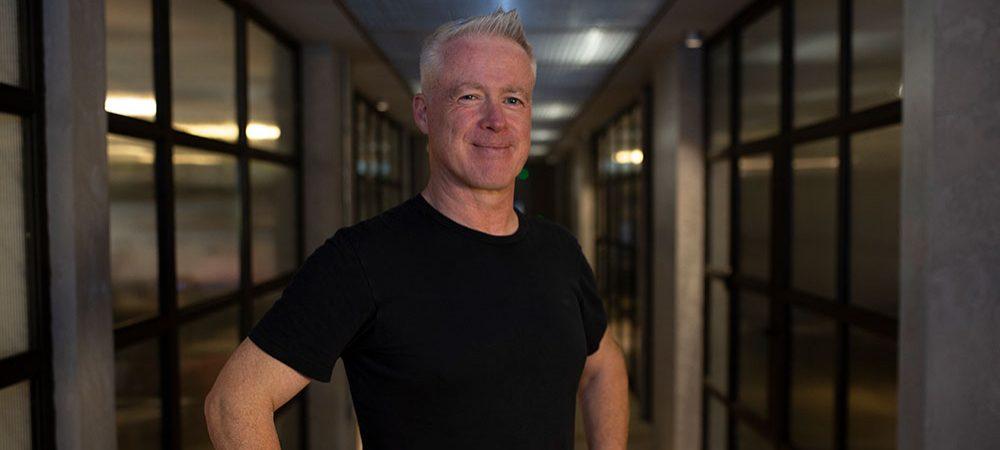We caught up with Exasol’s CEO, Aaron Auld, to find out what makes him tick…
What would you describe as your most memorable achievement?
My most memorable achievement is becoming CEO of Exasol because it wasn’t a simple, straightforward decision. We had to consider whether it was the right thing to do for the company – it was a heartfelt decision, for sure.
What first made you think of a career in technology?
When I was younger, I actually wanted to be a high-profile lawyer so that’s the path I followed for several years. But then my career took a different turn. I realised that I really wanted to work within the IT/technology space. I joined Exasol in 2006. The two standout factors that made Exasol the place to be was the unbelievably good technology and the smart and dedicated people behind it.
What style of management philosophy do you employ with your current position?
I always try to motivate our people by giving them room to grow and encouraging them to assume more responsibility in their roles. I ask them to think about their roles in a more comprehensive way and to also challenge their ways of thinking by asking questions, which I understand can sometimes be uncomfortable.
I strongly believe that you can develop your own skills, grow in self-awareness and recognise your strengths and weaknesses by stepping outside of your comfort zone. The other side of that coin is accepting mistakes and misfires because they are also part of any development process.
What do you think will emerge as the technology trend of 2020 and why?
I’m confident that Artificial Intelligence (AI) and Machine Learning will continue to be leveraged in business processes across all industry sectors. This will mean businesses will have to get their data under control and develop an AI-worthy data environment within their organisation. I appreciate that this is not necessarily a new technology trend, but it is a challenge that businesses have to master if they want to capitalise on new technologies in the coming months.
What do you currently identify as the major areas of investment in your industry?
As aforementioned, I believe that AI and robotics will continue to grow at pace in the data analytics industry. But again, this will mean investing in state-of-the-art data infrastructure and processes such as data governance and cybersecurity.
How do you deal with stress and unwind outside of the office?
I try to spend as much time as possible outside, surrounded by nature. But, when it’s too cold and wet, I love to read a good book and learn about the amazing things people are doing to try and improve our world.
If you could go back and change one career direction, what would it be?
Nothing. You can never plan your whole career. There will be defining moments, people you meet and experiences that take you to new places that you didn’t even know existed. I don’t like to second guess my decisions. I did the best I could at the time with the information I had and I’m happy with the direction those decisions have taken me.
What are the region-specific challenges when implementing new technologies in Europe?
Some organisations in specific regions in Europe are more conservative in their willingness to adopt newer, lesser known technologies despite the fact they could be game-changers and impact their businesses tremendously.
What changes to your job role have you seen in the last year and how do you see these developing in the next 12 months?
As Exasol continues to grow and becomes more international as a company, it will be important to bind all of our people, roles and geographies into one. As part of this growth, and as we bring on more and more experienced people into the business, I will have the greater ability to work a lot more closely with our people and the organisations we engage with – I expect to learn a lot from them.
What advice would you offer somebody aspiring to obtain C-level position in your industry?
Learn to look beyond the technology. Of course, the technology is important, but you need to look at the bigger picture and accept and understand wider responsibility. Learn how businesses and organisations work and, more importantly, how the ethics of doing business works.
Ethics is incredibly important and should form the foundations of your business. Always work with ethical people, partners and customers.
As you learn these things, make sure you can prove the value that you are bringing – the more value you can add to the business as a whole, the better.


